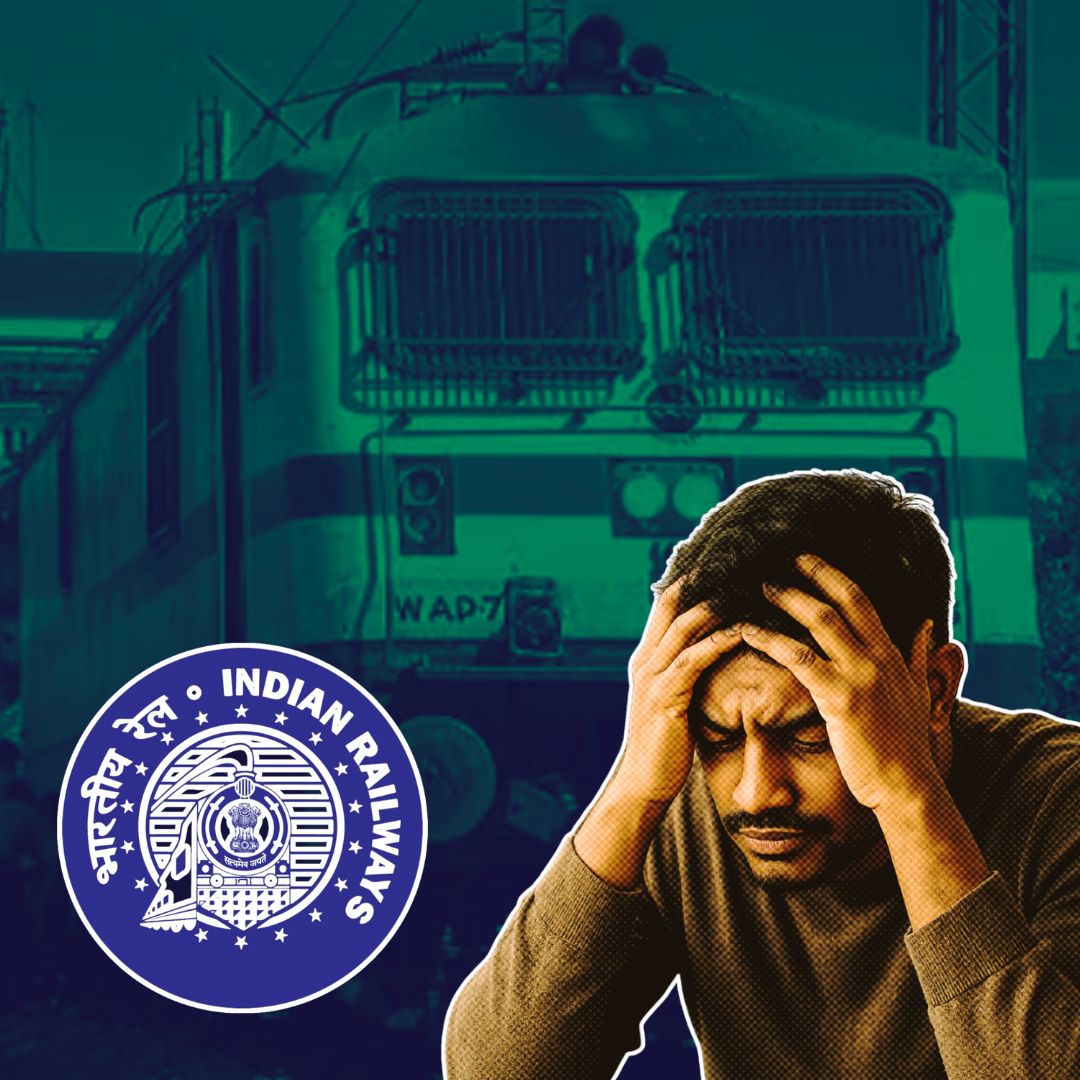The Indian Railways has turned down the long-standing request from loco pilots for regular meal and toilet breaks during their shifts, citing operational constraints as the main reason. This decision follows a high-level committee’s recommendations and comes amid concerns about train safety and crew welfare.
The All India Loco Running Staff Association (AILRSA) has criticized the move, highlighting the increased stress and compromised alertness it causes, especially for women loco pilots. The Railway Board defends its stance, emphasizing that altering duty schedules could disrupt train operations.
Operational Challenges and Criticisms
The Railway Board’s decision is grounded in the recommendations of a multi-disciplinary committee, which deemed providing meal and toilet breaks as operationally impractical. AILRSA has condemned this decision, arguing that the committee overlooked the heightened stress on loco pilots due to faster train speeds and the absence of toilet facilities in locomotives.
Many high-speed trains run continuously for 6–7 hours, exacerbating the situation for crew members, particularly women, who face significant challenges on busy routes where trains rarely stop except in emergencies. The Board has also justified the installation of Crew Voice and Video Recording Systems (CVVRS) in locomotives, stating they are for safety and post-incident analysis, not for monitoring crew unnecessarily.
Railway officials have emphasized that while they understand the concerns, operational constraints must be prioritized to maintain punctuality and efficiency.
Historical Context and Recent Developments
The rejection of meal and toilet breaks for loco pilots occurs against a backdrop of improved railway safety, with a significant reduction in accidents over recent years. However, human error remains a concern, and critics argue that denying breaks could further compromise safety.
The Railway Board has increased the threshold for defining high-speed trains from 110 kmph to 130 kmph and recommended deploying assistant loco pilots on certain trains, such as MEMUs covering distances over 200 km.
These changes aim to enhance operational efficiency but have been criticized for not addressing the fundamental needs of loco pilots. Additionally, the railways have been focusing on modernization efforts, including the introduction of new trains and infrastructure upgrades, which could potentially offer opportunities to address crew welfare in the future.
Recent Impact and Future Directions
Recent developments have shown that the railways are focusing on technological upgrades to improve safety and efficiency. However, critics argue that these measures do not adequately address the welfare of loco pilots.
The lack of basic amenities like toilets in locomotives continues to be a significant issue, particularly for women crew members. As the railways continue to modernize, it remains to be seen how these challenges will be addressed to ensure both operational efficiency and crew well-being.
There have been discussions about incorporating more crew-friendly facilities in new locomotives, but implementation timelines are uncertain. Meanwhile, AILRSA continues to push for policy changes that prioritize crew welfare alongside operational needs.
The Logical Indian’s Perspective
The decision to deny loco pilots meal and toilet breaks raises important questions about worker welfare and safety. While operational feasibility is a valid concern, it is equally crucial to ensure that crew members are not unduly stressed, which could impact their ability to perform safely.
The Logical Indian believes that finding a balance between operational needs and worker well-being is essential. As we strive for a more empathetic society, we must ask: Can we truly prioritize safety without addressing the basic needs of those who keep our trains running?
How can we foster a dialogue that leads to practical solutions for both the railways and its dedicated workforce? What steps can be taken to ensure that modernization efforts include meaningful improvements in crew welfare?












